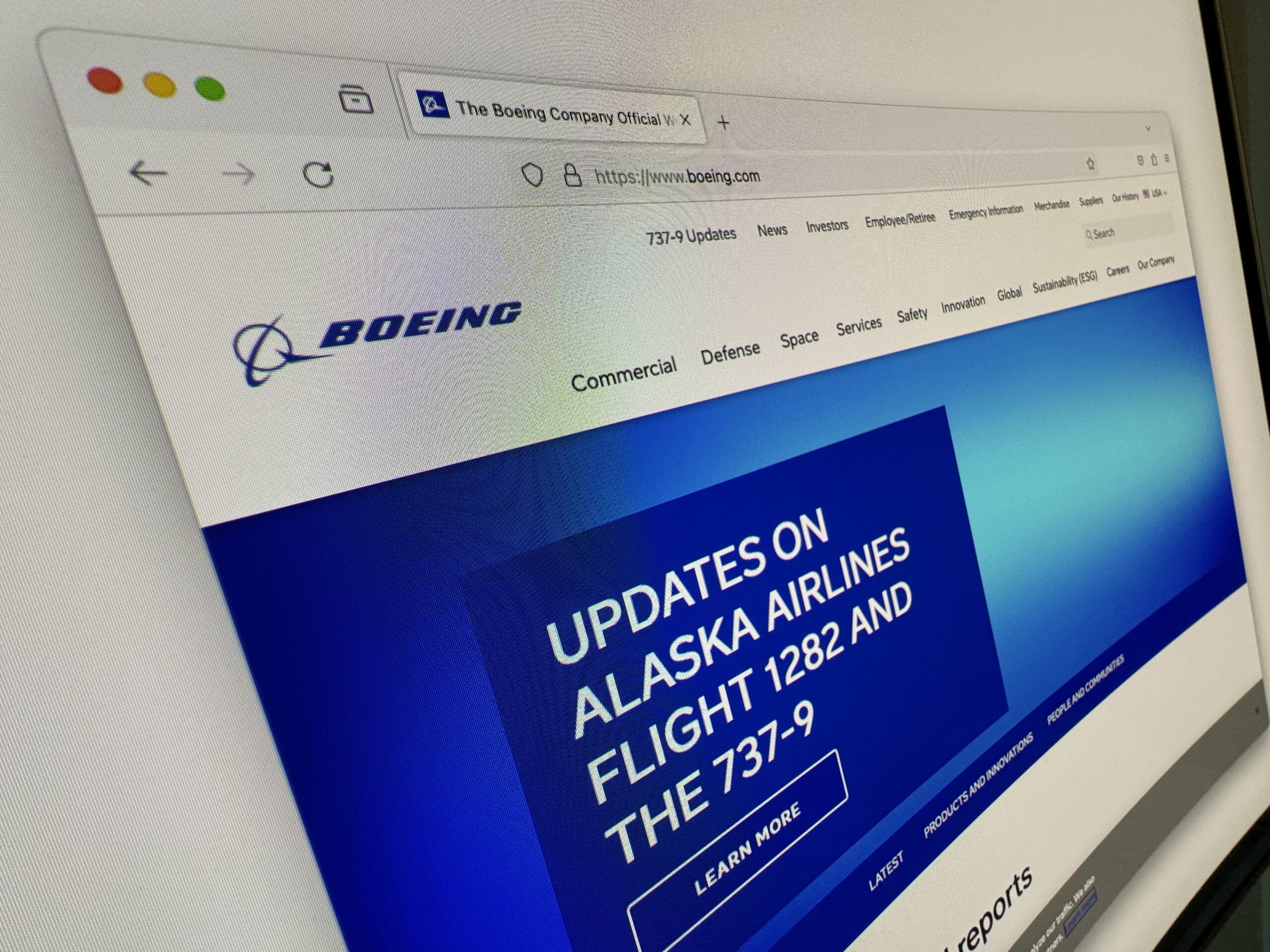| By Loc Le |
The new year for Boeing has already begun with a turbulent start. After what has been a problematic past few years for the aircraft manufacturing company, Boeing finds itself making headlines in the news once again as another incident involving one of its aircraft has occurred.
A Potentially Deadly Air Incident
This incident, which took place on January 5, 2024, and involved Boeing’s most popular 737 MAX aircraft, forced an Alaska Airlines flight to make an emergency landing after a cabin panel blowout opened a large hole on one side of the plane. According to witnesses on the aircraft that was headed to Ontario, California from Portland, Oregon, the incident occurred approximately 20 minutes into the flight as the plane was ascending when a “door plug suddenly fell away with a loud pop.” Due to the sudden change in pressure, oxygen masks were immediately deployed for passengers who also reported that items such as “cellphones, AirPods, a child’s shirt, and a pilot’s headset” flew out of the plane.
The FAA and NTSB Respond
Although the 171 passengers and six crew members sustained no serious injuries, the affected passengers on the Alaska Airlines flight have already filed a class-action lawsuit against Boeing as their attorney stated that they experienced “economic, physical, and ongoing emotional consequences.” On the day following the incident, U.S. regulators, including the Federal Aviation Administration (FAA) and the National Transportation Safety Board (NTSB), also took action as they decided to temporarily ground 171 Boeing 737-9 MAX aircraft in order to perform safety inspections and investigations into the incident. In response, Boeing released a statement in support of the decisions and emphasized the company’s commitment to safety. Boeing’s CEO Dave Calhoun has also prioritized the incident and has told employees that they will “approach it with 100% and complete transparency every step of the way.”
The Latest in a Series of Boeing Issues
Initial findings from investigations by Alaska Airlines and United Airlines have already found loose components such as bolts and other hardware on similar planes. The FAA announced on January 12, 2024, that it would be taking “new and significant actions to immediately increase its oversight of Boeing production and manufacturing” and that “the safety of the flying public, not speed, will determine the timeline for returning the Boeing 737-9 MAX to service.” While the FAA is considering using independent, third-party entities to audit Boeing’s production line, Boeing has also announced on January 15, 2024, that new measures will be implemented to improve its quality-control system. This will involve an additional layer of inspections for the production process of 737 aircraft within the company and its suppliers, including Spirit AeroSystems which is also currently under scrutiny.
The supplier, which provides Boeing with fuselages and other parts such as the door plugs for 737-9 MAX aircraft, has recently been accused of a lack of quality control by a union leader. This accusation is supported by a former Spirit AeroSystems quality auditor who was fired after flagging holes that were incorrectly drilled in fuselages and stated that the company does not want auditors to find and report everything. It also came to light after the door plug of the affected Alaska Airlines flight was recovered by NTSB investigators who found that four bolts were missing and were unable to determine if they were installed in the first place.
Continued Turbulence Ahead for Boeing
While more details involving the investigation into Boeing will continue to be released throughout the following weeks, analysts noted in a report from Wall Street believe that Boeing will not be able to pass the safety audit due to company’s recent track record and the fact that the FAA has a greater incentive to uncover issues. As a result of the report and news regarding the delay of 737 MAX jet deliveries in China, potentially creating an opportunity for domestic Chinese aircraft manufacturers to gain a greater market share in China, Boeing’s stock (BA) fell by about 8% on January 16, 2024. And to make matters even worse for Boeing, a new report has begun developing after an All Nippon Airways flight was forced to return to an airport in Japan after a crack was discovered in the cockpit window of the Boeing 737-800 aircraft approximately 40 minutes after taking off. Despite the incident involving a different aircraft model and not being nearly as severe as the Alaska Airlines situation, it further compounds the growing doubt about Boeing’s reliability and reputation.



